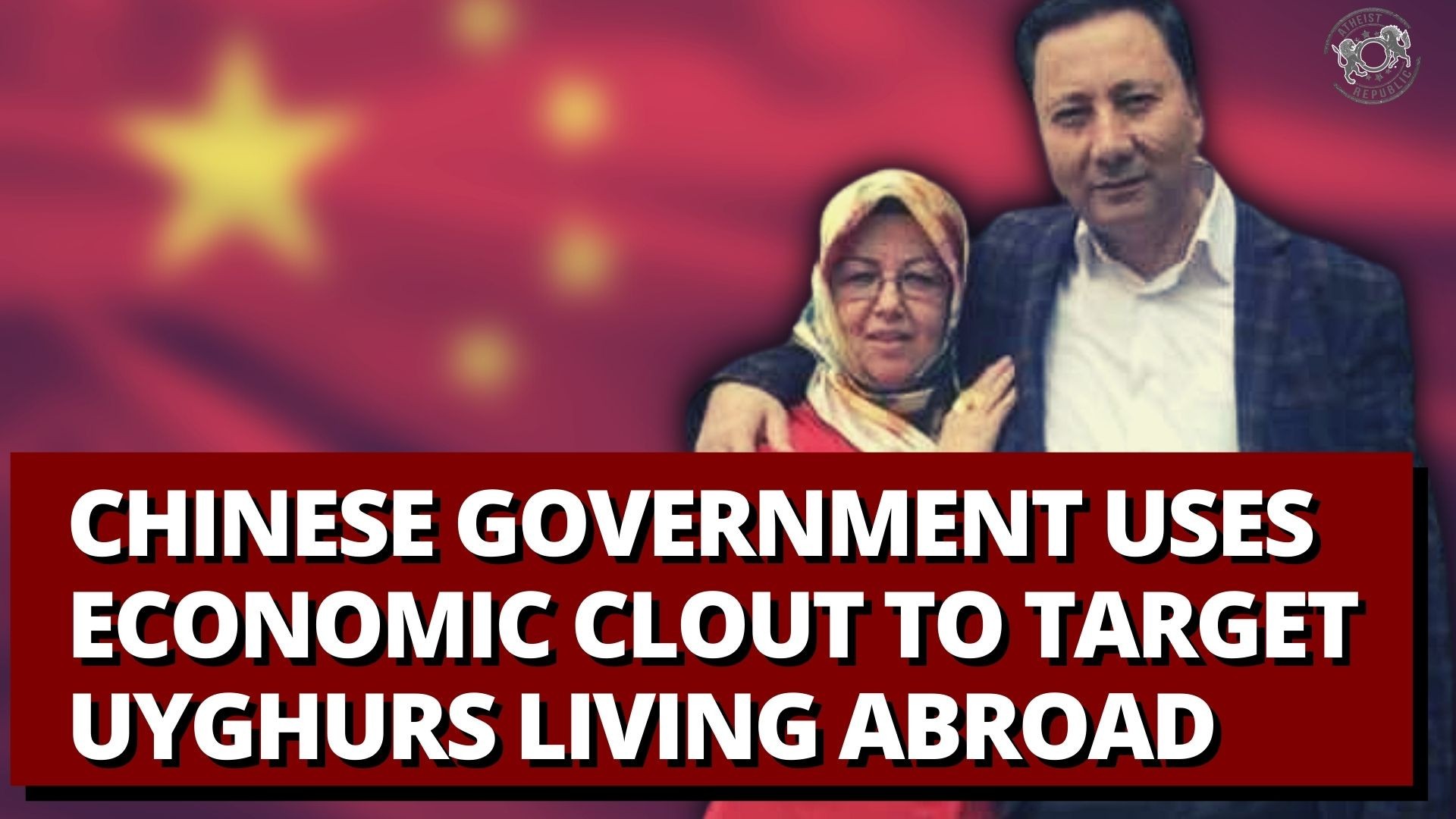
A report by the Oxus Society for Central Asian Affairs (OSCAA) looked into a database documenting Beijing’s targeting of Uyghur Muslims living abroad. The report evaluated more than 1,500 cases of deportations and initial detentions that Beijing orchestrated could “just be the tip of the iceberg.” In the report, more than 28 countries have been construed to be complicit at some point in the systematic surveillance, detention, and eventual deportation of Uyghurs living in these countries.
OSCAA research director, Bradley Jardine, said that they’ve focused on what's taking place in Xinjiang stating that, “there’s a hi-tech surveillance state under construction” and that Beijing is reproducing this tightly surveilled state to countries where Uyghurs are living. According to the World Uyghur Congress, an estimated 1.6 million Uyghur live outside China. Since 2017, at least 695 documented cases show Uyghurs being detained and deported to China.
The mechanism in which Beijing exerts pressure on countries hosting Uyghurs has been mainly through its economic diplomacy and financial pressure. In exchange for the freedom to persecute Uyghurs living in other countries, Beijing offers infrastructure packages and other financial aids. The host countries, in return, allows China to harass, implement unlawful surveillance, detain, and even renders the host country complicit in the deportation effort.
The Belt and Road Initiative (BRI) has been the primary vehicle in which Beijing creates an environment that allows it to extend its heavy surveillance beyond Xinjiang and project the same oppression of Uyghurs in foreign lands. In countries where there are documented cases of Uyghur persecution, the Initiative is already taking place. Countries such as Cambodia, Kyrgyzstan, Myanmar, and Pakistan are in an established BRI agreement with China. Beijing was able to establish clout in these countries, allowing them to freely continue their persecution of Uyghur Muslims.
Once regarded as a haven for Uyghur Muslims, even Turkey has been looking to China to address its economic dip and has been reliant on Beijing for vaccine supplies. The fears of Uyghur Muslims swelled when Beijing initiated an extradition treaty with Ankara in December 2020. The deal is currently being ratified in Turkey’s parliament, with distraught anticipation from Uyghurs living there.
The report released by Jardine and his team at OSCAA pushes for countries around the world that have the economic capability to resist Beijing’s coercive tactics in targeting Uyghur Muslims. The report also calls for stopping transnational repression a moral imperative. The report read “standing idly while the government of China targets its citizens abroad with impunity also undermines the credibility of states to protect those within their borders, including their citizens.”
